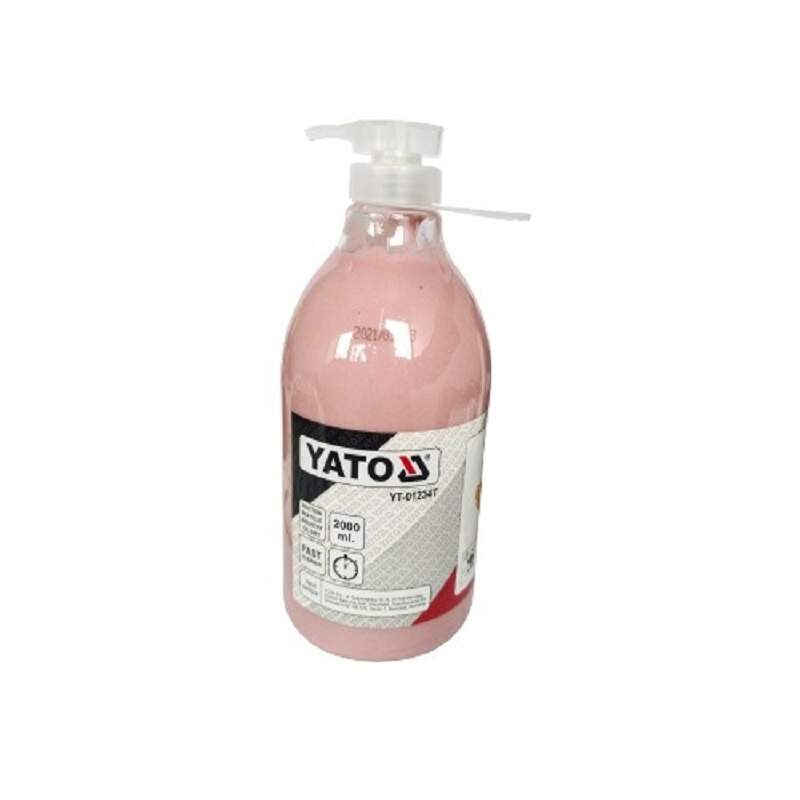Email format error
Email cannot be empty
Email already exists
6-20 characters(letters plus numbers only)
The password is inconsistent
Email format error
Email cannot be empty
Email does not exist
6-20 characters(letters plus numbers only)
The password is inconsistent


A hand washer is a device or station designed for people to wash their hands. It typically includes a sink, soap, and sometimes a drying mechanism such as paper towels or a hand dryer. Hand washers are commonly found in restrooms, kitchens, and healthcare settings, promoting hygiene by encouraging regular handwashing to prevent the spread of germs and diseases. Some modern hand washers are touchless, using sensors to enhance convenience and cleanliness.
Hand Washer
The Features
- Sinks: Equipped with a basin designed for washing hands.
- Soap Dispenser: Usually includes a soap dispenser for easy access to soap, promoting cleanliness.
- Faucets: Can have traditional or touchless faucets that reduce contact and enhance hygiene.
- Water Temperature Control: Offers hot and cold water options for comfortable washing.
- Drying Options: Often includes paper towel dispensers or hand dryers for drying hands after washing.
- Compact Design: Many are designed to fit into small spaces, making them suitable for various locations.
- Durability: Constructed from materials that withstand frequent use and are easy to clean.
- Hygienic Features: Some models include features like antimicrobial surfaces to further reduce the spread of germs.
Application Area
- Restrooms: Commonly found in public restrooms, restaurants, and office buildings to promote good hygiene practices.
- Healthcare Facilities: Used in hospitals, clinics, and dental offices to ensure that healthcare workers and patients maintain proper hand hygiene.
- Food Preparation Areas: Installed in kitchens and food service environments to allow chefs and staff to wash their hands frequently and prevent food contamination.
- Schools: Located in classrooms and cafeterias to encourage students to wash their hands, especially before meals and after using the restroom.
- Daycare Centers: Essential in childcare facilities to help maintain hygiene among young children who are more susceptible to germs.
- Public Spaces: Increasingly placed in parks, malls, and transportation hubs to provide convenient access to handwashing for the general public.
- Workplaces: Found in offices and industrial settings to ensure that employees can maintain hand hygiene throughout the workday.
